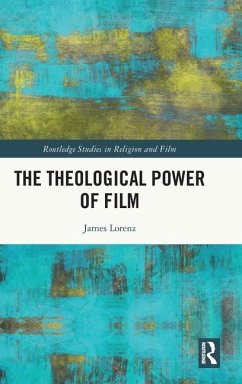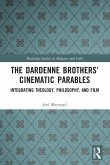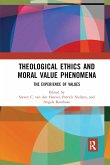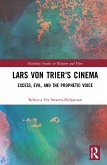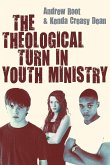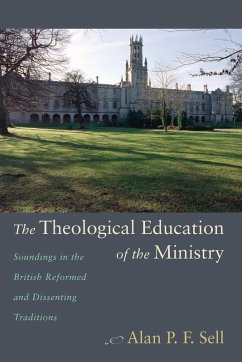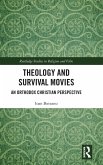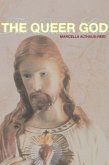This book explores the theological power of film and seeks to render a properly theological account of cinematic art. It considers: What theology and theological practice does cinematic art give rise to? What are the perceptual and affective potentials of film for theology, and what, if anything, is theological about the cinematic medium itself? The author argues that film is a fundamentally embodied art form, a haptic and somatic medium of perception-cum-expression. This, combined with the distinct temporal aesthetic of film, invests cinema with profound theological potentials. The chapters explore these potentials through theological-cinematic analysis, emphasising the themes of encounter, embodiment, time, and contemplation, as well as three intimately connected doctrines of Christian theology: creation, incarnation, and eschatology. Throughout the book, the films and writings of the Russian director Andrei Tarkovsky emerge as a singular illustration of the theological power of film, becoming a crucial resource for theologicalcinematic analysis.
Bitte wählen Sie Ihr Anliegen aus.
Rechnungen
Retourenschein anfordern
Bestellstatus
Storno

